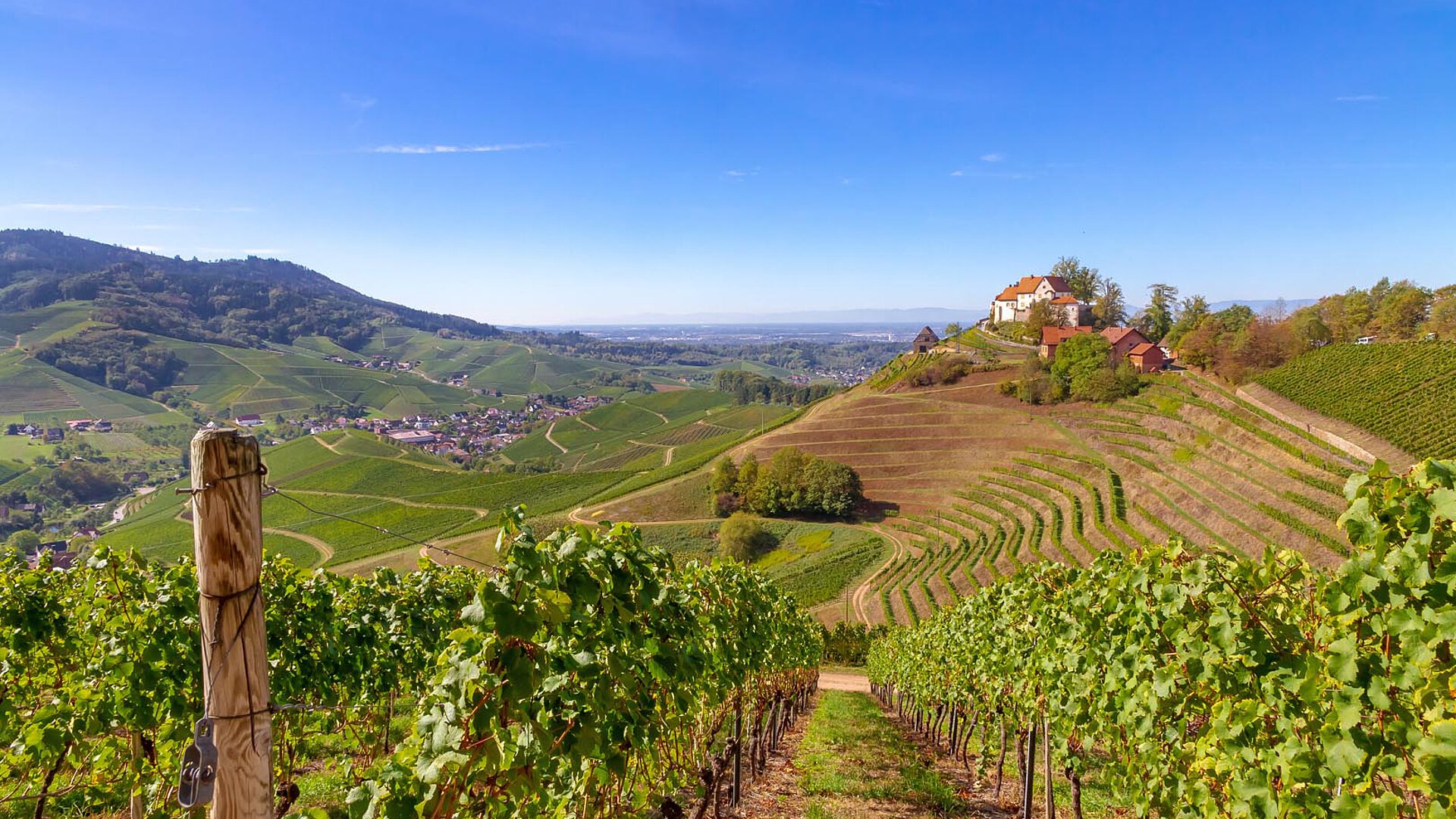Farmtravel glossary
All the Agritourism terms you need to know.
L
Local Food Tourism
- Kategorie:
- L
What is Local Food Tourism and Why Try It?
Local food tourism goes beyond simply eating at destinations—it represents a deep dive into cultural heritage through food. This immersive approach connects travelers with regional traditions, local producers, and authentic culinary practices.
Food tells the story of a place, its people, and their traditions. Each local dish carries generations of knowledge, reflecting the geography, climate, and cultural influences that shape a region. Have you considered how food can transform your understanding of a destination?
Key Elements
Local food tourism encompasses these essential components:
- Seasonal Ingredients: Fresh, locally-sourced products
- Traditional Methods: Time-honored cooking techniques
- Cultural Context: Historical and social significance
- Direct Sourcing: Farm-to-table connections
- Culinary Knowledge: Recipe preservation and sharing
Authentic Experiences
Local food exploration includes:
Key Activities
- Market Visits: Exploring local produce and ingredients
- Cooking Classes: Learning traditional recipes
- Farm Tours: Understanding local agriculture
- Food Festivals: Celebrating regional specialties
- Artisan Meetings: Connecting with local producers
Cultural Benefits
Engaging with local food culture offers:
- Cultural Understanding: Deeper destination insights
- Social Connection: Meaningful community interactions
- Skills Development: New culinary knowledge
- Taste Education: Regional flavor appreciation
- Memory Creation: Unique sensory experiences
Sustainable Aspects
Local food tourism supports:
- Regional Agriculture: Small-scale farming preservation
- Traditional Skills: Culinary heritage protection
- Local Economy: Direct producer support
- Seasonal Eating: Environmental consciousness
- Food Heritage: Recipe documentation and preservation
Future Trends
The evolution of food tourism includes:
- Digital Integration: Online cooking experiences
- Heritage Preservation: Traditional recipe documentation
- Cross-Cultural Exchange: Global food dialogue
- Sustainability Focus: Responsible food practices
- Educational Components: Food history and culture
Local food tourism offers a gateway to understanding destinations through their culinary heritage. Each meal becomes an opportunity to explore culture, support local communities, and create lasting memories. What flavors will you discover on your next journey?

